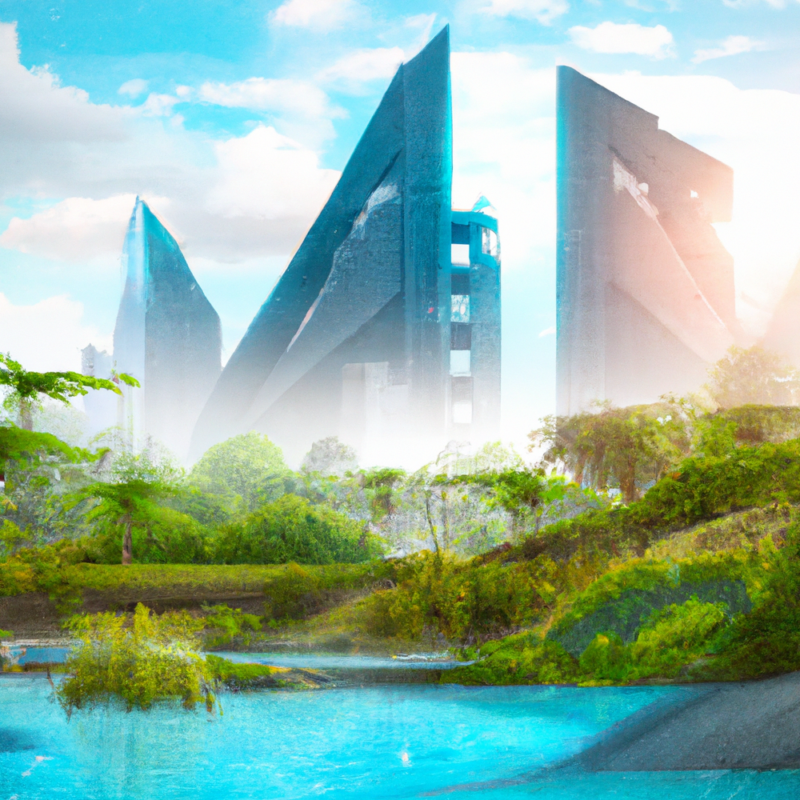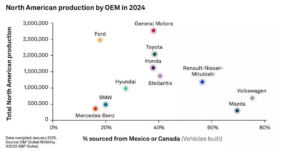Evaluating a Sustainable Future


This study, written by Cornelis Steenstra, explores the need to re-evaluate current infrastructure to address pressing issues such as high fuel consumption, pollution, intrusion into natural habitats, noise pollution, and space constraints. The study argues that failing to address these challenges will have significant consequences for both the environment and society.
The paper then outlines the potential benefits of re-evaluating infrastructure, including enhanced sustainability, improved livability, economic advantages, and better adaptability to future challenges.
Finally, the author proposes a series of strategies for achieving efficient long-term solutions, emphasizing the importance of sustainable and green infrastructure initiatives, multimodal transportation planning, smart and connected infrastructure technologies, resilience and adaptability in infrastructure design, stakeholder engagement, and long-term planning and funding mechanisms.
Here is a discussion of infrastructure issues based on the provided source:
The study, “Re-evaluating Current Infrastructure: Towards a Sustainable and Efficient Long-Term Solution,” identifies and discusses several key infrastructure issues:
- Fuel Consumption and Environmental Impact: The transportation sector’s heavy reliance on fossil fuels leads to significant carbon dioxide emissions, exacerbating climate change. Additionally, vehicle exhaust releases pollutants like nitrogen oxides, particulate matter, and volatile organic compounds, negatively impacting air quality and human health.
- Pollution: The source highlights air, water, and soil pollution as consequences of current infrastructure systems. Industrial emissions, vehicular exhaust, and energy production contribute to air pollution, posing health risks and damaging ecosystems. Inadequate waste management, industrial waste disposal, and agricultural runoff contaminate water sources. Soil pollution occurs through hazardous substance accumulation from industrial activities, improper waste disposal, and agricultural practices.
- Intrusion into Natural Habitats and Urban Sprawl: Expanding urban areas and infrastructure development often encroach upon natural habitats, leading to ecosystem fragmentation and biodiversity loss. Uncontrolled urban sprawl further exacerbates this intrusion by converting agricultural lands and green spaces, increasing commuting distances and pollution.
- Noise Pollution: The source identifies transportation systems, industrial activities, and construction projects as major contributors to noise pollution, particularly in urban areas. Persistent exposure to high noise levels negatively impacts public health, causing stress, sleep disturbances, cardiovascular issues, and cognitive impairment. Noise pollution also degrades the overall quality of life in communities.
- Space Constraints: Limited land availability, especially in densely populated urban areas, presents challenges for infrastructure development. Balancing the need for infrastructure with preserving livable areas requires efficient land use planning. Competition for space can worsen traffic congestion and hinder the implementation of sustainable transportation modes.
This study emphasizes the urgency of addressing these infrastructure issues, citing environmental challenges, health implications, and the limitations of existing infrastructure systems. It advocates for a reevaluation of current infrastructure to achieve sustainability, improve quality of life, and adapt to future challenges.
To obtain your copy of this extensive study, please contact us directly with your relevant information and an outline why this matters to you and how you can possibly take action?







